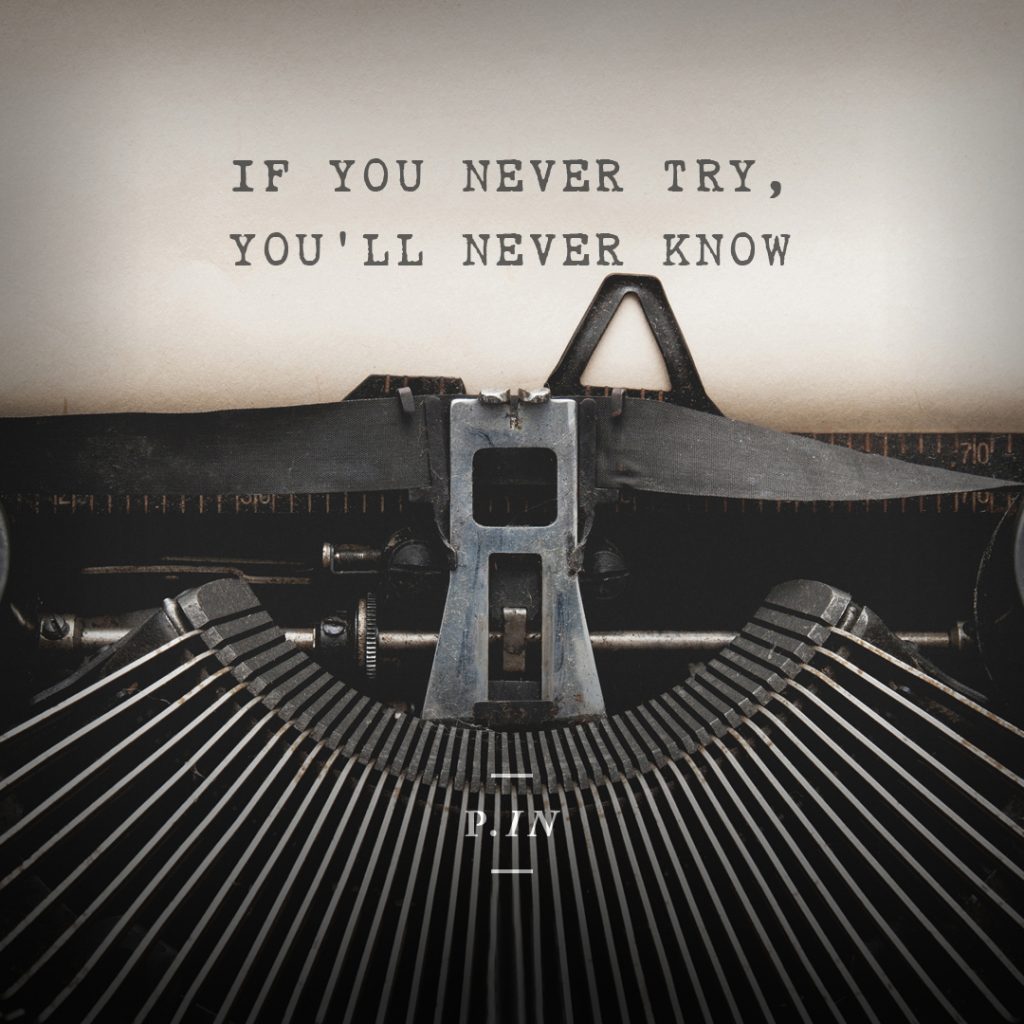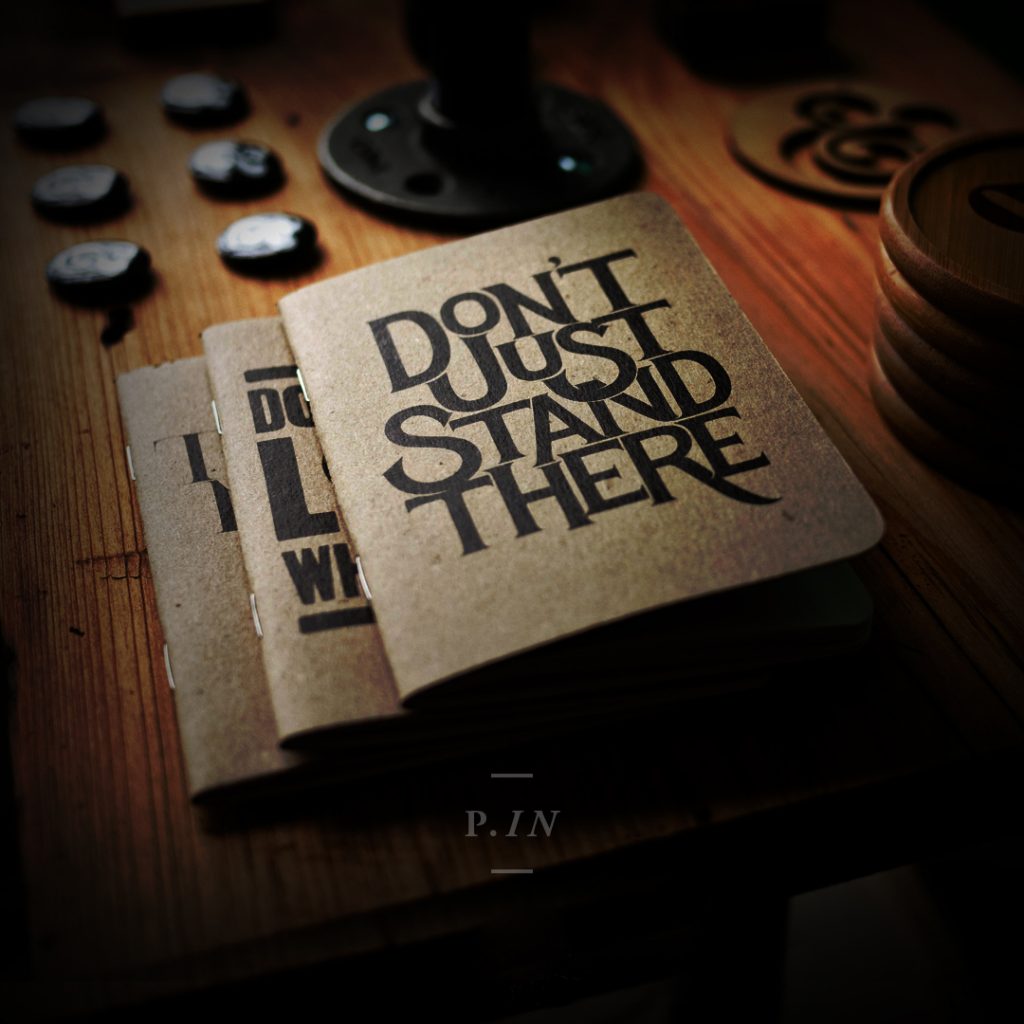The Writing Commitment 
Writing is much more than just putting words down on a page and showing them to people. Writing is actually a way of life. It is a dedication to one’s craft, an obligation to one’s clients and/or readers, and a lifestyle that is far much more regimented and demanding than the average person believes it to be.
Okay, so what does it mean – specifically? Let’s take this step by step. I like to tell my writing students that being a writer first and foremost means a lot of “butt in chair time.” That means you establish what goals you hope to achieve in each writing session and how much time you’re going to put into accomplishing each one, then you put your butt in the chair and don’t get up until you’re done. How much time you allot depends on the length and complexity of the work. Are you writing a short poem? A blog post? A novel? Obviously, each one requires a different amount of time and effort to complete. After a while, you will come to know whether you are a fast or a slow writer, and you will be better able to estimate the time you need to complete each task. On a longer write, divide your sessions into the amount of time you can remain focused and productive without needing a break, then, give yourself a respite of about 15-20 minutes between them to recharge. The down time will also help you judge how well the previous material “jells,” as well as how to organize your thoughts more effectively moving forward.
‘But what about inspiration?’ someone invariably asks. ‘How can you write without being inspired? Won’t you just be wasting your time sitting there staring off into space?’ This is where the dedication part comes in, in a very big way. If you only write when you’re inspired to do so, you probably won’t get much done – ever. Being a writer means writing, whenever you need to and wherever you happen to be. But the ability to do this doesn’t happen overnight – you have to practice, day in and day out, on the task of writing. Practice, practice, practice. Set yourself a writing goal each and every day. Your end piece doesn’t have to be long, but it does have to be something you definitely will complete. Then sit down, keep your butt in the chair, and work towards achieving that goal. Brainstorm ideas. Research people and places that will make an appearance in your story. Collect your thoughts and your information and start to write. It’s never going to be perfect on the first go-around, but don’t worry about it at this stage, just write. Repeat this process each and every day.
Writing is like exercise – if you put it off until “tomorrow,” tomorrow invariably becomes “later in the week,” then “next week,” “next month,” and “never.” Pushing through even when the inspiration is not there will allow you to write whenever the need arises, say for a client with a tight deadline. Writing master Stephen King sets himself a goal of completing 10 pages every day, and that includes weekends and holidays. You may not be Stephen King, but surely even you can set yourself a goal that will both let you hone your craft to the best of your ability and is achievable with a little work. Whether a haiku or a chapter subheading, as long as you complete it, you’ve accomplished something important.

Don’t just stand there, sit and write.
One way to keep the ball rolling from day to day is to plan ahead – it’s much easier to start work on something when you already have material down on the page, be it notes, a brief outline, or even some snippets of dialogue that inspired you. Each night before you close up shop, start the next chapter of your novel or the next section of your curriculum, decide what poetic form you’re going to work in and what the general topic will be, or develop some backstory for one of the characters in your screenplay. Even a little bit down on the page can make it much easier for you to continue the momentum of the previous day rather than trying to start from a dead stop.
Above all, remember that you are always a student. No matter how many books you’ve published or awards you’ve won or clients you’ve wowed, you still have more to learn. Take every opportunity to talk with other writers and see how they tackle the difficulties they encounter in their work. Attend seminars and symposia. And, above all else, read. Reading is the best, most effective way to grasp the intricacies of language and to discover the amazing ideas you will need to take your writing to the next level and make your work stand out from the rest.
No, the writing life is not a glamorous one, but with the right combination of practice and perseverance, it can be eminently satisfying.
© 2018 Miriam Ruff, Resident Blogger, PoetsIN.
Please follow and like us:
The Writing Commitment
Writing is much more than just putting words down on a page and showing them to people. Writing is actually a way of life. It is a dedication to one’s craft, an obligation to one’s clients and/or readers, and a lifestyle that is far much more regimented and demanding than the average person believes it to be.
Okay, so what does it mean – specifically? Let’s take this step by step. I like to tell my writing students that being a writer first and foremost means a lot of “butt in chair time.” That means you establish what goals you hope to achieve in each writing session and how much time you’re going to put into accomplishing each one, then you put your butt in the chair and don’t get up until you’re done. How much time you allot depends on the length and complexity of the work. Are you writing a short poem? A blog post? A novel? Obviously, each one requires a different amount of time and effort to complete. After a while, you will come to know whether you are a fast or a slow writer, and you will be better able to estimate the time you need to complete each task. On a longer write, divide your sessions into the amount of time you can remain focused and productive without needing a break, then, give yourself a respite of about 15-20 minutes between them to recharge. The down time will also help you judge how well the previous material “jells,” as well as how to organize your thoughts more effectively moving forward.
‘But what about inspiration?’ someone invariably asks. ‘How can you write without being inspired? Won’t you just be wasting your time sitting there staring off into space?’ This is where the dedication part comes in, in a very big way. If you only write when you’re inspired to do so, you probably won’t get much done – ever. Being a writer means writing, whenever you need to and wherever you happen to be. But the ability to do this doesn’t happen overnight – you have to practice, day in and day out, on the task of writing. Practice, practice, practice. Set yourself a writing goal each and every day. Your end piece doesn’t have to be long, but it does have to be something you definitely will complete. Then sit down, keep your butt in the chair, and work towards achieving that goal. Brainstorm ideas. Research people and places that will make an appearance in your story. Collect your thoughts and your information and start to write. It’s never going to be perfect on the first go-around, but don’t worry about it at this stage, just write. Repeat this process each and every day.
Writing is like exercise – if you put it off until “tomorrow,” tomorrow invariably becomes “later in the week,” then “next week,” “next month,” and “never.” Pushing through even when the inspiration is not there will allow you to write whenever the need arises, say for a client with a tight deadline. Writing master Stephen King sets himself a goal of completing 10 pages every day, and that includes weekends and holidays. You may not be Stephen King, but surely even you can set yourself a goal that will both let you hone your craft to the best of your ability and is achievable with a little work. Whether a haiku or a chapter subheading, as long as you complete it, you’ve accomplished something important.
Don’t just stand there, sit and write.
One way to keep the ball rolling from day to day is to plan ahead – it’s much easier to start work on something when you already have material down on the page, be it notes, a brief outline, or even some snippets of dialogue that inspired you. Each night before you close up shop, start the next chapter of your novel or the next section of your curriculum, decide what poetic form you’re going to work in and what the general topic will be, or develop some backstory for one of the characters in your screenplay. Even a little bit down on the page can make it much easier for you to continue the momentum of the previous day rather than trying to start from a dead stop.
Above all, remember that you are always a student. No matter how many books you’ve published or awards you’ve won or clients you’ve wowed, you still have more to learn. Take every opportunity to talk with other writers and see how they tackle the difficulties they encounter in their work. Attend seminars and symposia. And, above all else, read. Reading is the best, most effective way to grasp the intricacies of language and to discover the amazing ideas you will need to take your writing to the next level and make your work stand out from the rest.
No, the writing life is not a glamorous one, but with the right combination of practice and perseverance, it can be eminently satisfying.
© 2018 Miriam Ruff, Resident Blogger, PoetsIN.
admin